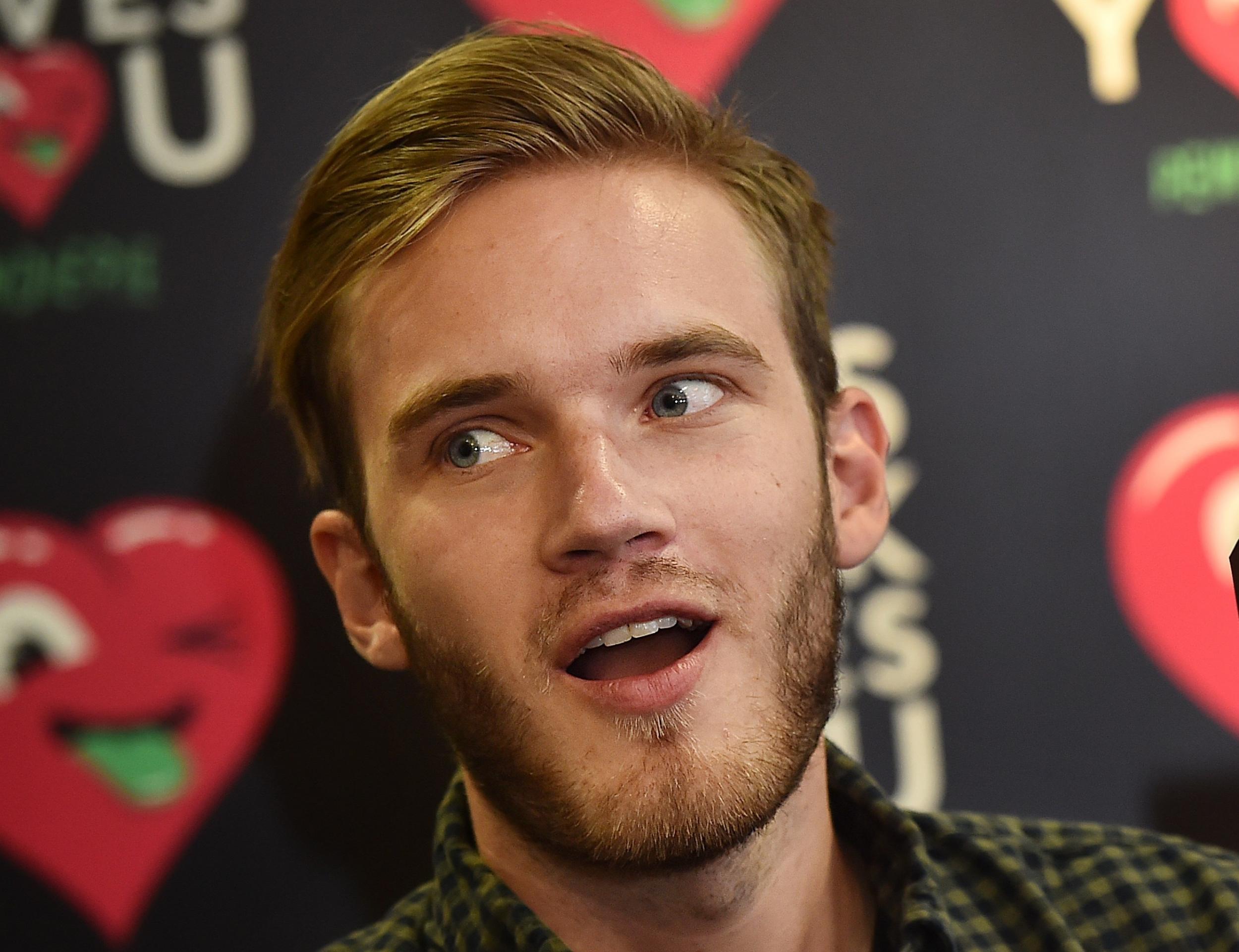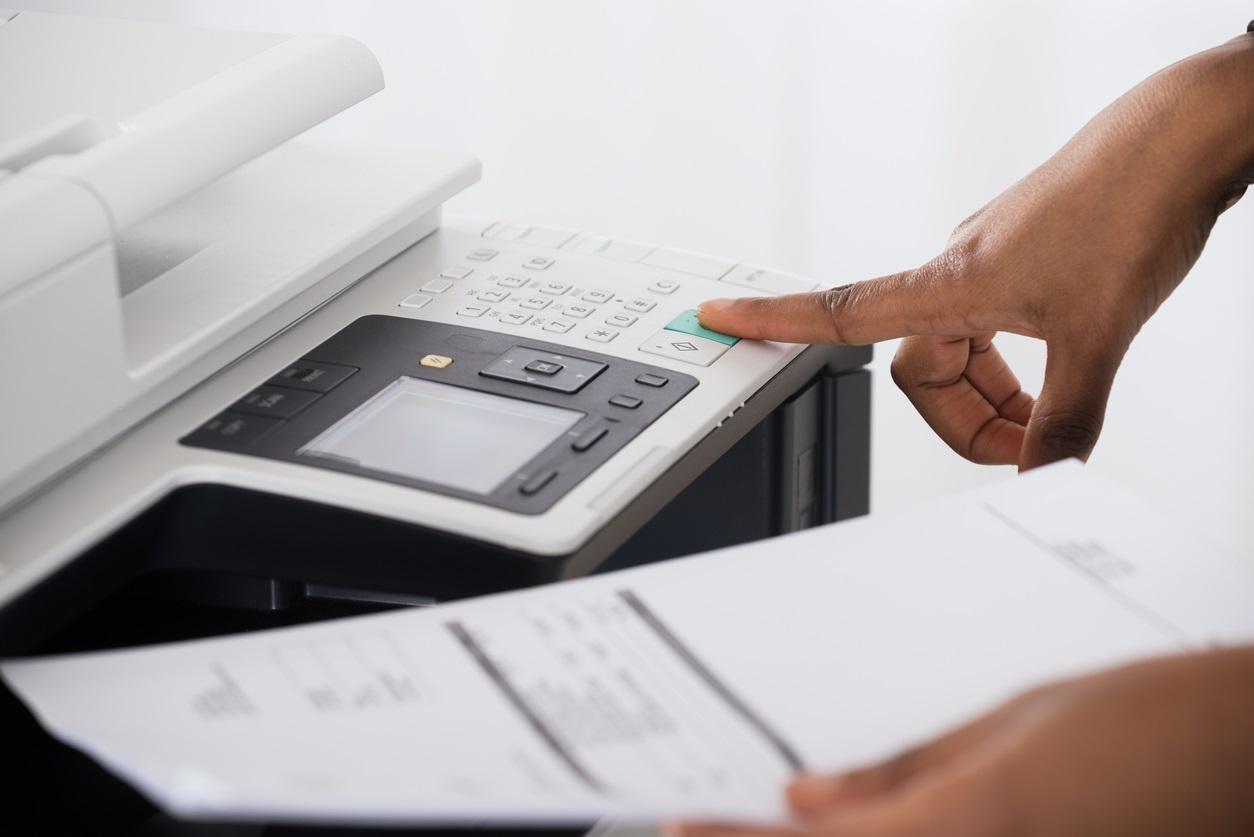PewDiePie hackers hijack Google Chromecasts, exposing huge security flaw in process
Incident is the latest in the ongoing battle between PewDiePie and T-Series as they bid to become most popular YoutTube channel

Your support helps us to tell the story
From reproductive rights to climate change to Big Tech, The Independent is on the ground when the story is developing. Whether it's investigating the financials of Elon Musk's pro-Trump PAC or producing our latest documentary, 'The A Word', which shines a light on the American women fighting for reproductive rights, we know how important it is to parse out the facts from the messaging.
At such a critical moment in US history, we need reporters on the ground. Your donation allows us to keep sending journalists to speak to both sides of the story.
The Independent is trusted by Americans across the entire political spectrum. And unlike many other quality news outlets, we choose not to lock Americans out of our reporting and analysis with paywalls. We believe quality journalism should be available to everyone, paid for by those who can afford it.
Your support makes all the difference.Hackers have targeted Google Chromecast devices in an effort to promote popular YouTube star PewDiePie.
Using the pseudonyms HackerGiraffe and J3ws3r, the pair claim to have taken over more than 65,000 of the smart TV gadgets.
The pair claimed the cyber attack was was to warn of security issues with Chromecasts, while also encouraging people to subscribe to PewDiePie's channel.
A video message posted by the pair on YouTube stated: "Your Chromecast/ Smart TV is exposed to the public internet and is exposing sensitive information about you!"
The hackers included a web link to find out more information about account security and concluded the message: "You should also subscribe to PewDiePie."
PewDiePie has attracted the highest number of subscribers for a creator on YouTube since 2013. He currently has about 79 million followers on the platform.
The 28-year-old Swede, whose real name is Felix Kjellberg has faced criticism in the past over some of his content. In 2017, Disney cut ties with him after several videos he released were found to contain Nazi references or anti-Semitic imagery and later that year he apologised for using a racist slur during a video live stream.
Reports have been spreading across social media, posted by people who appear to have been hit by the issue.
"Every 20 minutes or so my TV switches to some crappy YouTube video about PewDiePie with s****y rap music and a '#ChromeCastHack' hashtag," one person wrote on Reddit. "Anyone know how to stop this, it's driving me bonkers."
A spokesperson for Google said: "We have received reports from users who have had an unauthorised video played on their TVs via a Chromecast device. This is not an issue with Chromecast specifically, but is rather the result of router settings that make smart devices, including Chromecast, publicly reachable."
The incident is the latest in an ongoing battle to be the world's most popular channel on YouTube, currently being fought between PewDiePie and Bollywood record label T-Series.
Brighton-based YouTube star PewDiePie has held the top spot on YouTube since 2013, however the T-Series channel has been catching up in recent months.
Supporters of PewDiePie have previously gone to extreme lengths to keep his channel on top, with one fan hiring billboards and other advertising space to boost PewDiePie's subscriber count.
The two hackers behind the latest efforts recently defaced a section of the Wall Street Journal in order to post a message of support for PewDiePie, as well as simultaneously hacking thousands of printers.

The popularity of T-Series has proved controversial amongst the YouTube community, given that it is a major corporate brand that will potentially topple an independent creator.
PewDiePie said in a video posted to his channel in October that the takeover would represent a perceived shift in YouTube's priorities in recent years.
"It's already a heated subject now that a company is taking over. Everyone is going on the rant, 'YouTube is not really becoming YouTube' and, 'it's never going to be the same now'," he said. "I don't really care about T-Series, I genuinely don't, but I think if YouTube does shift in a way where it does feel more corporate, [then] something else will take its place. I think people enjoy this connection so much, I think something else will just show up, if it feels too corporate."
Join our commenting forum
Join thought-provoking conversations, follow other Independent readers and see their replies
Comments